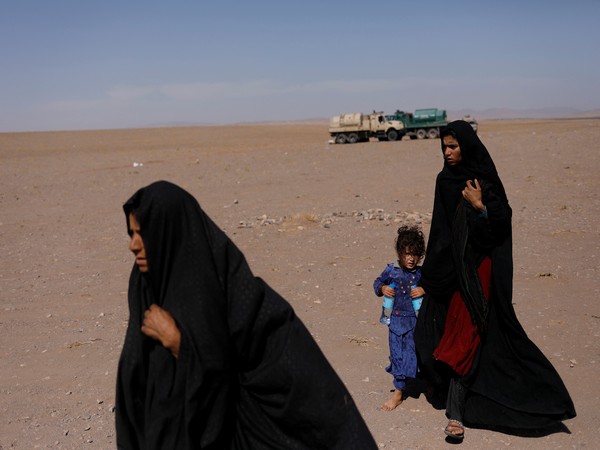New Taliban Law Tightens Restrictions on Afghan Women
The Taliban's recent law enforces stringent restrictions on Afghan women, sparking severe criticism from international bodies including the United Nations. The law mandates women to cover their bodies and faces, limits their public presence, and curtails their freedom of expression, marking a setback for women's rights in Afghanistan.

- Country:
- Afghanistan
Last month, the Taliban in Afghanistan implemented a controversial law on the 'Propagation of Virtue and the Prevention of Vice.' Issued on August 21 by Afghanistan's Ministry for Promoting Virtue and Preventing Vice, the law mandates women to be fully covered and restricts their ability to speak or sing in public.
The United Nations criticized the law, prompting the Taliban's ministry to urge UNAMA not to compare Afghanistan with Western values. The ministry also announced it will cease cooperating with UNAMA due to what it terms 'misleading propaganda.'
UN spokesman Stephane Dujarric affirmed that the organization will continue engaging with all parties in Afghanistan, including the Taliban. Hamidullah Fetrat, Deputy Spokesperson of the Islamic Emirate, echoed this sentiment, emphasizing that engagement is crucial for resolving challenges and fostering relations.
The law, outlined in the official gazette, imposes a strict interpretation of Sharia law, considering women's voices as 'awrah' (intimate parts) and mandating full body and face coverings. The law also prohibits drivers from playing music, using drugs, or transporting women without hijab.
Offenders face punishment by the Taliban's morality police, who can detain individuals for up to three days. The UN High Commissioner for Human Rights condemned the law, stating it erases women's public presence and autonomy, and called for its immediate repeal.
UN Under-Secretary-General for Political and Peacebuilding Affairs, Rosemary di Carlo, warned that the law further restricts human rights and could hinder Afghanistan's international reintegration. UNAMA expressed concern over the law's implications and seeks clarification from Afghan authorities on its enforcement.
Despite these challenges, the UN reiterated Afghanistan's commitments to international human rights standards. Rosa Otunbayeva, Special Representative of the UN Secretary-General, stated the law represents an intolerable restriction on women's rights, and pledged to brief the Security Council on the matter soon.
(With inputs from agencies.)










